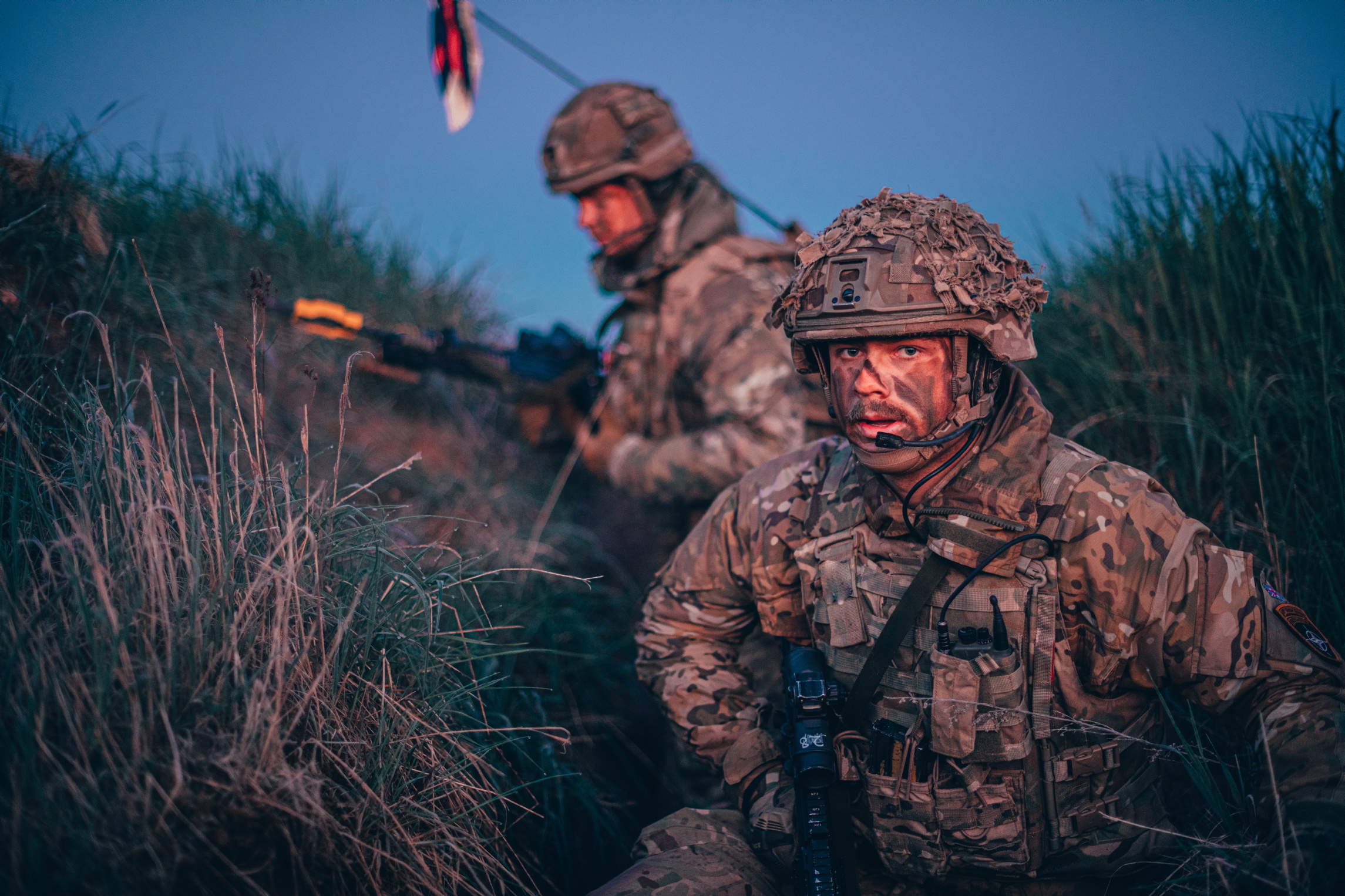
The army’s new physical fitness standards (the Physical Employment Standards, ‘PES’) are no longer gender or age specific but role specific. This means, the balance between realism and avoidable injury in the execution of training has to be just right.
Most recently, we acted for *Jane, a female army recruit who suffered a chronic back injury as a result of a mismanaged Phase 2 training exercise back in 2015.
Jane, who weighed less than 70kg could have been ordered to CASEVAC any of her fellow recruits; some of whom were of a similar build to her. However, she was ordered, by the DS, to pick up a mock casualty weighing over 100kg with kit.
Another recruit had already failed to execute a fireman’s lift carry of the same casualty.
Having been signalled by her peers and ordered by the DS, Jane felt she had no other choice but to attempt to evacuate the casualty.
She used a fireman’s lift carry, a method which she’d been taught how to perform correctly days before the incident. However, during the training, she had been paired with a female colleague who was of a similar height and weight to herself. She had never lifted the mock casualty’s weight before and shouldn’t have had to do so on that particular training exercise.
Despite losing feeling in her legs and collapsing, still with the casualty on her shoulders, she was ordered to get up and carry on with the exercise, which she eventually did, using her weapon as a crutch to aid her.
On completion of CASEVAC exercise, and attending the medical centre where the severity of her injuries were realised, she was subsequently taken off the exercise.
Despite rehabilitation, she developed chronic back pain and was subsequently medically discharged as a result of that one incident. But for that, she had an extremely promising career ahead of her and was one of the top performers in her cohort.
We’ve seen on numerous occasions how life-long injuries could have been avoided by earlier intervention and adequate risk assessment of the exercise. It sounds like dull red tape until someone is seriously injured.
Proving negligence in such cases is not easy and to the outside world in civvy street, these incidents can appear just part and parcel of training. Slater and Gordon’s military team are experienced in understanding the reality of the field and taking on difficult cases, such as Jane’s, with success. Here’s what she had to say about the service she received from Rachel Seddon and Lucy Bibby:
“I’ve worked with Slater and Gordon for little over four years on a claim regarding an injury that led to me losing my military career. Throughout the process Rachel and Lucy were both professional and caring. They worked hard to push things along as best they could, and when it came to me making a decision to settle, they were both supportive and understanding. I very much hope I am never in a similar position again, but should I need to use similar services again, I would recommend Slater and Gordon.”
If you have been injured and are interested pursuing a civil claim or an Armed Forces Compensation Scheme (AFCS) application, and would like legal advice, talk to one of Slater and Gordon’s military experts on 0808 501 6660.
Words: Rachel Seddon, Slater and Gordon.
Image: Crown Copyright 2020.
Taken from the latest issue of Pathfinder. Read the entire issue for free here.


